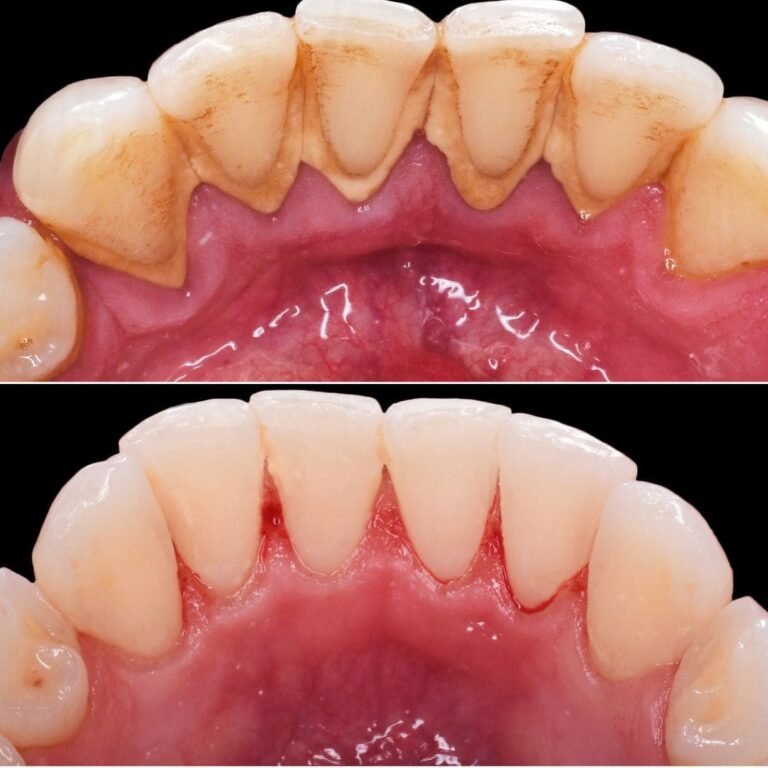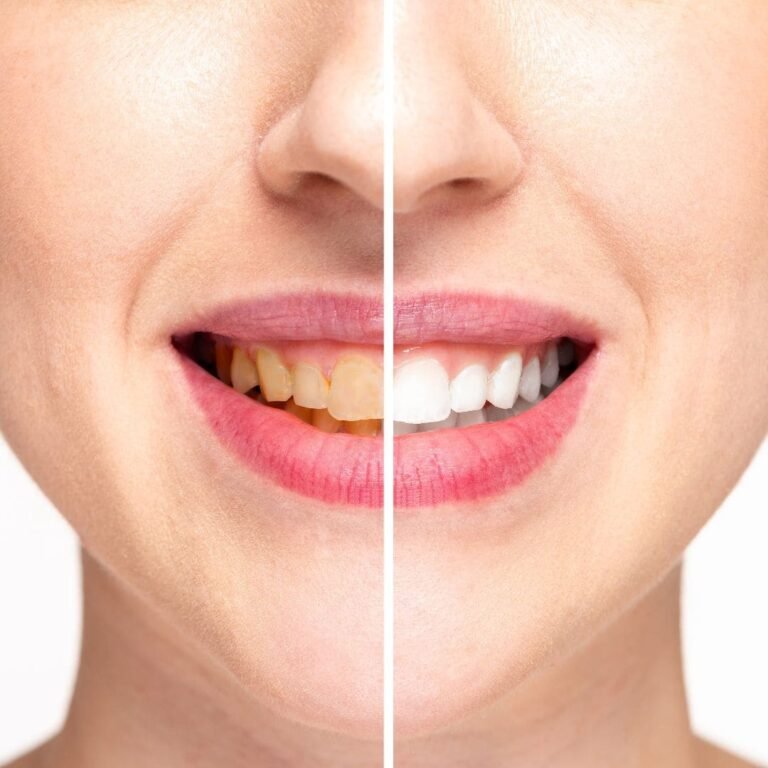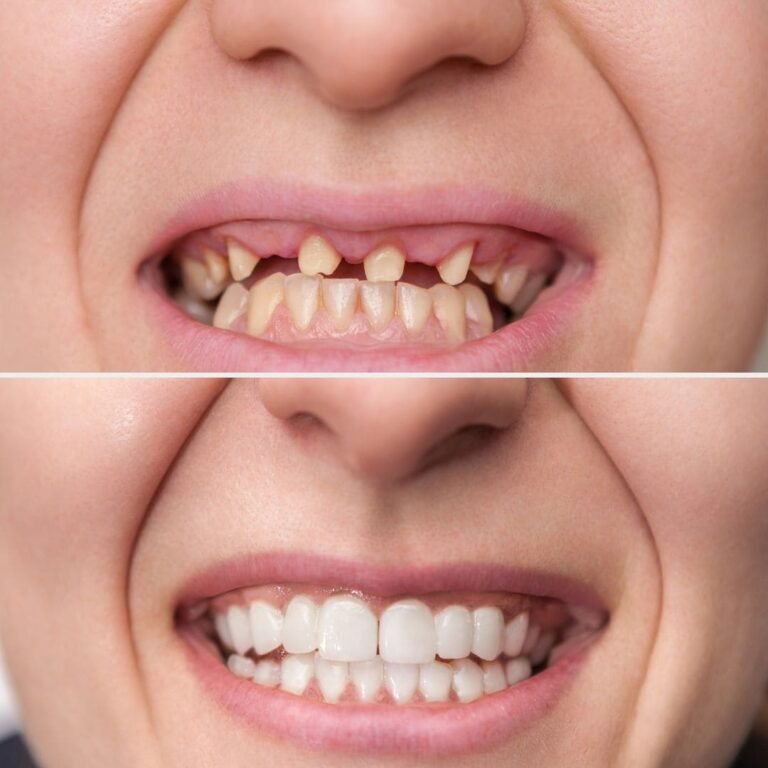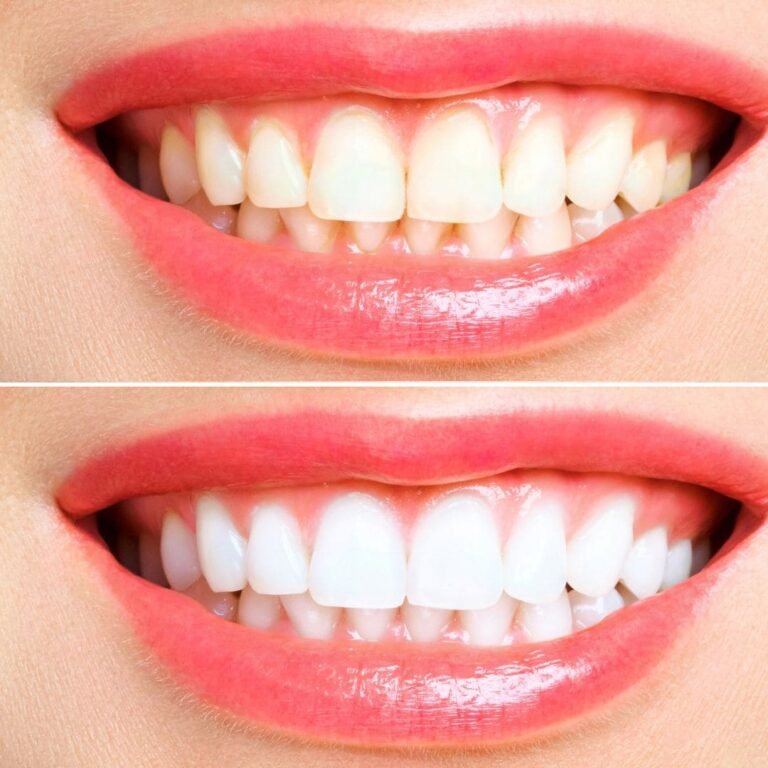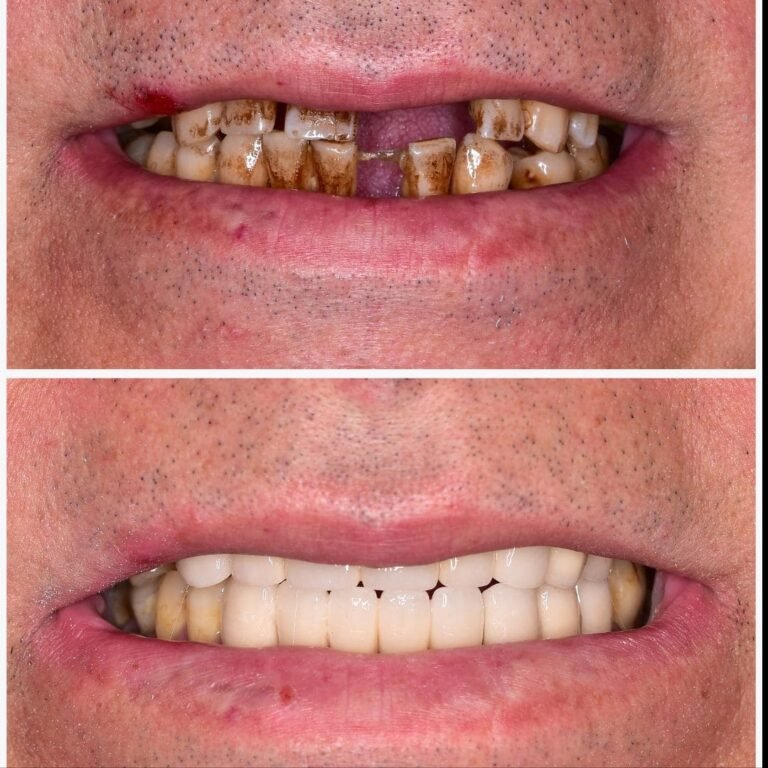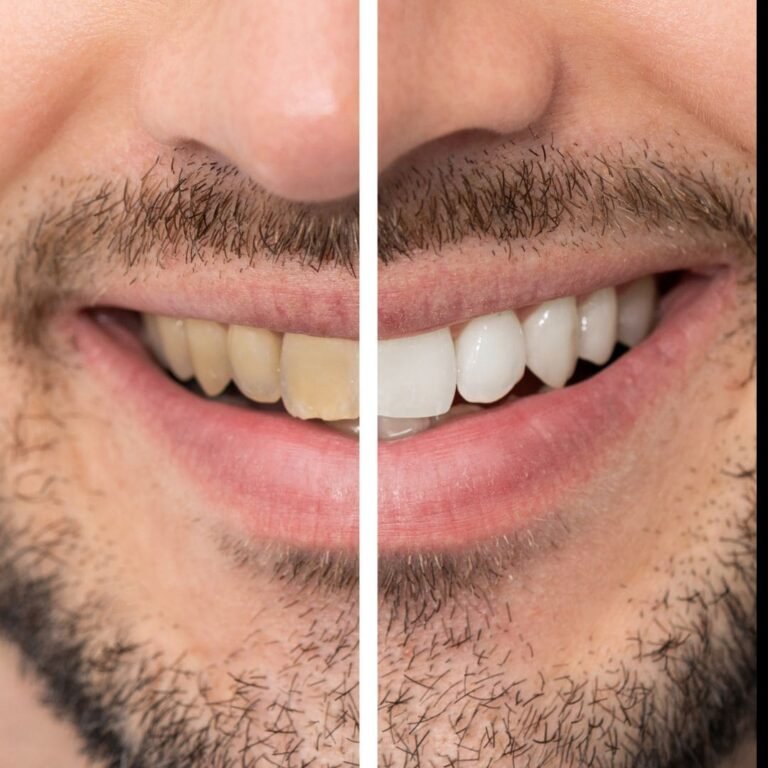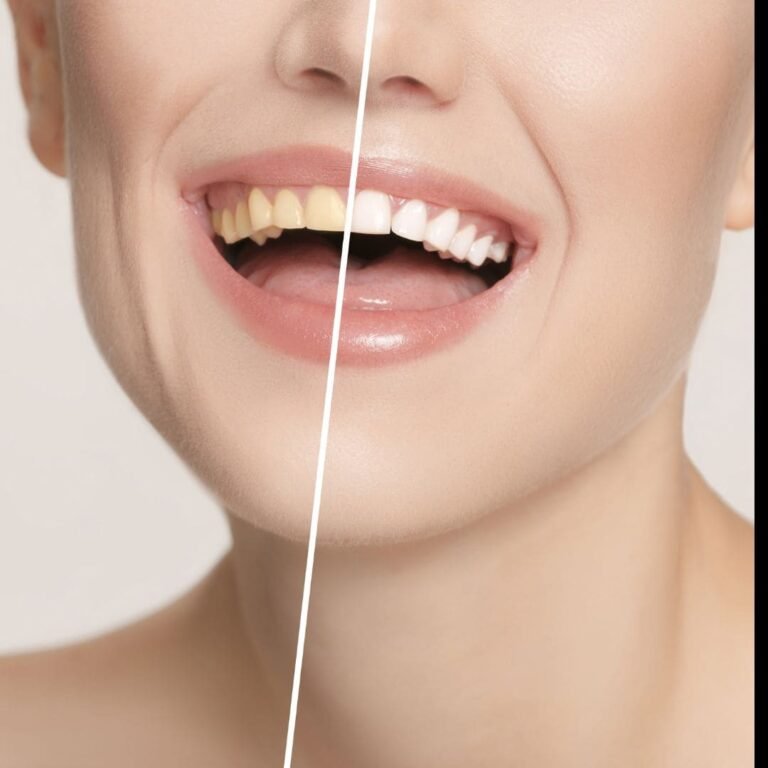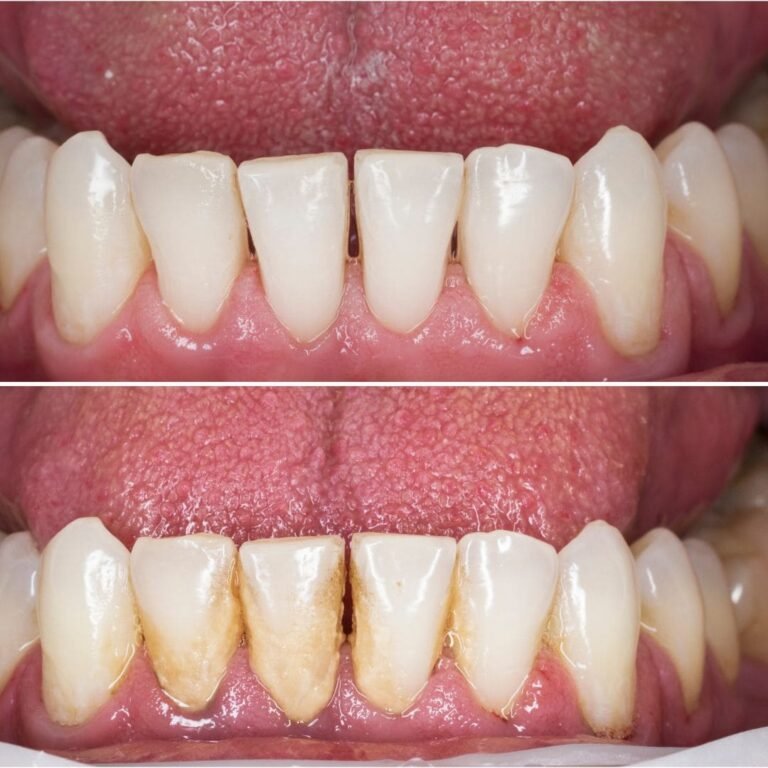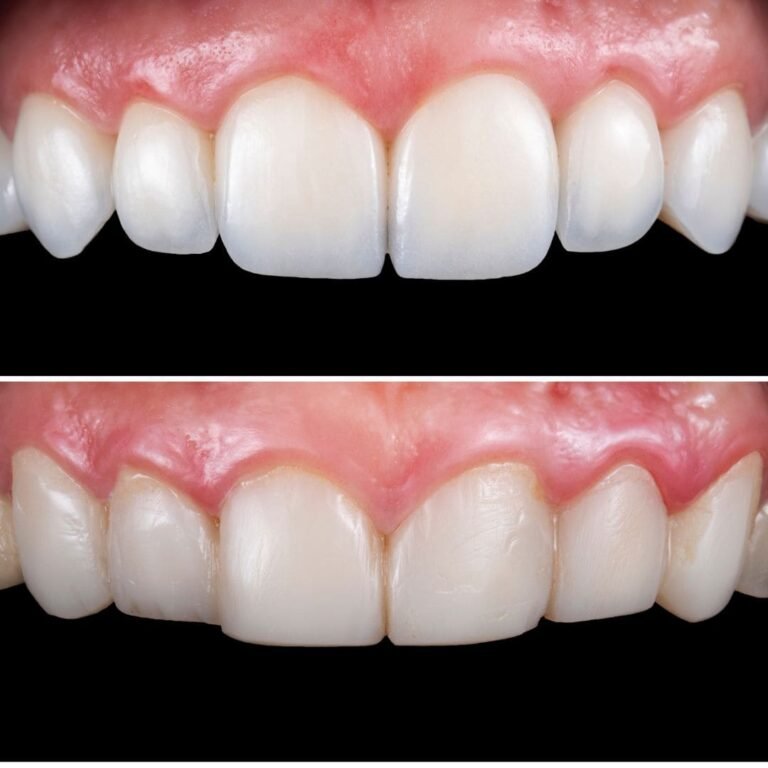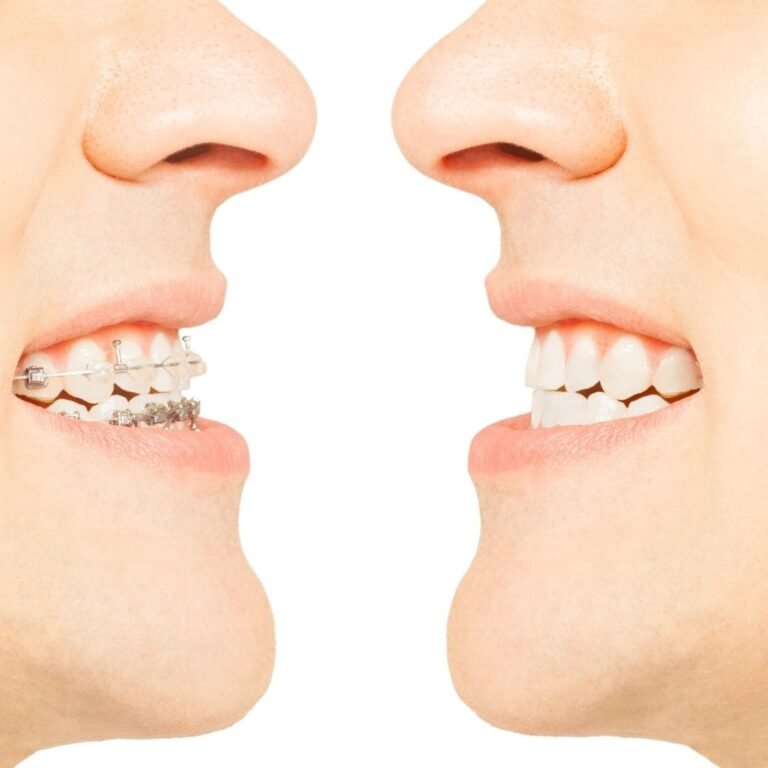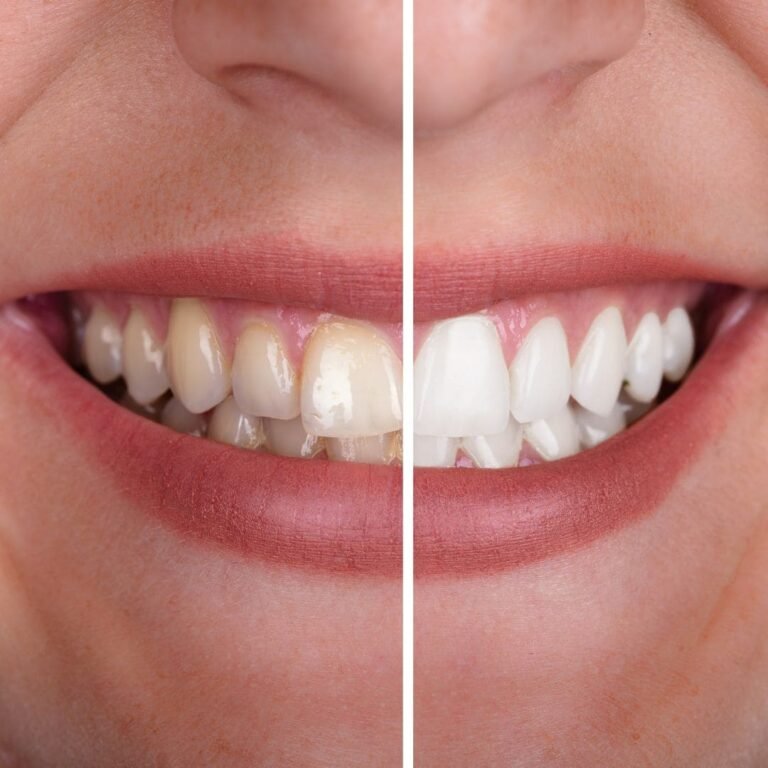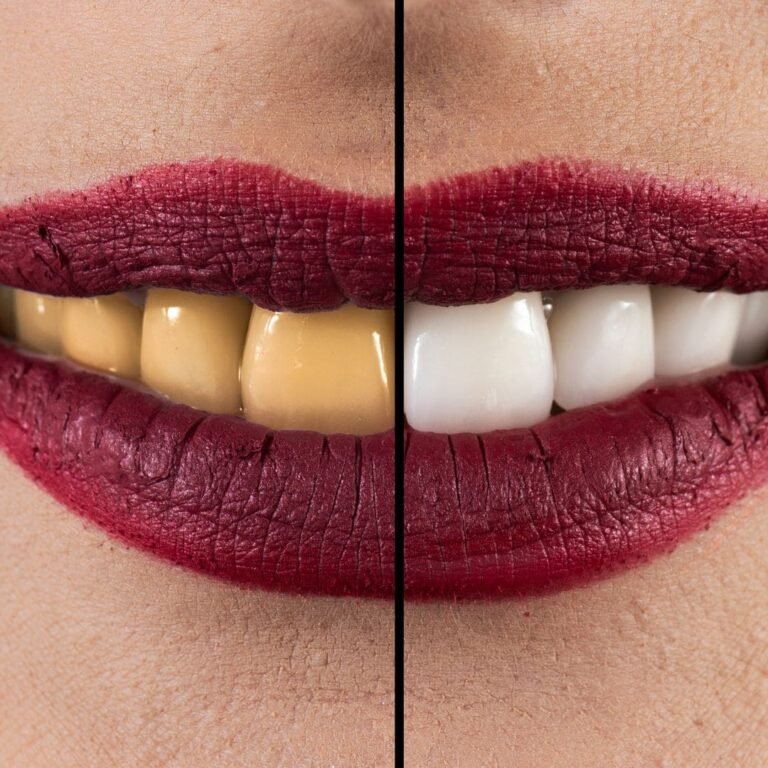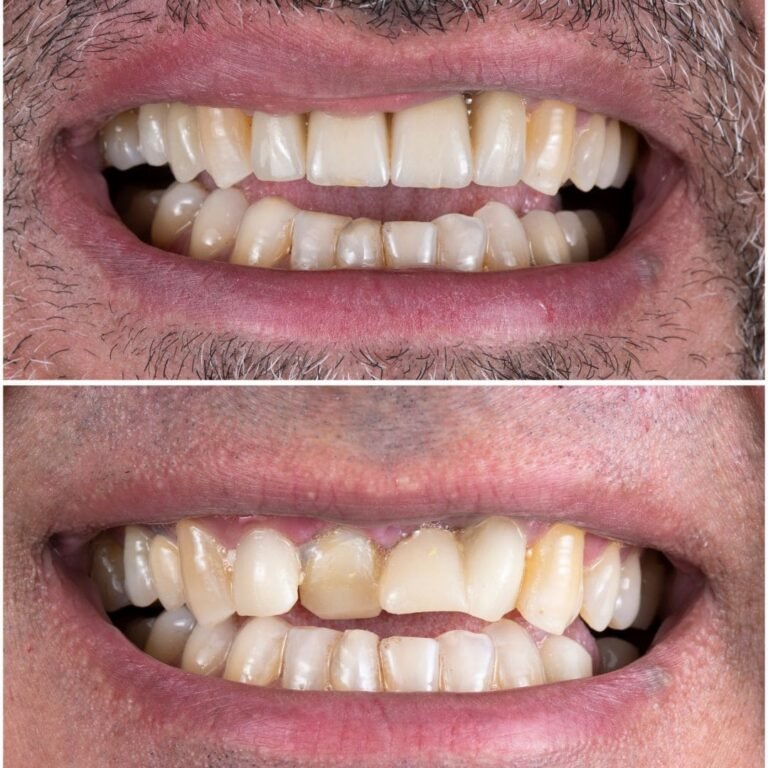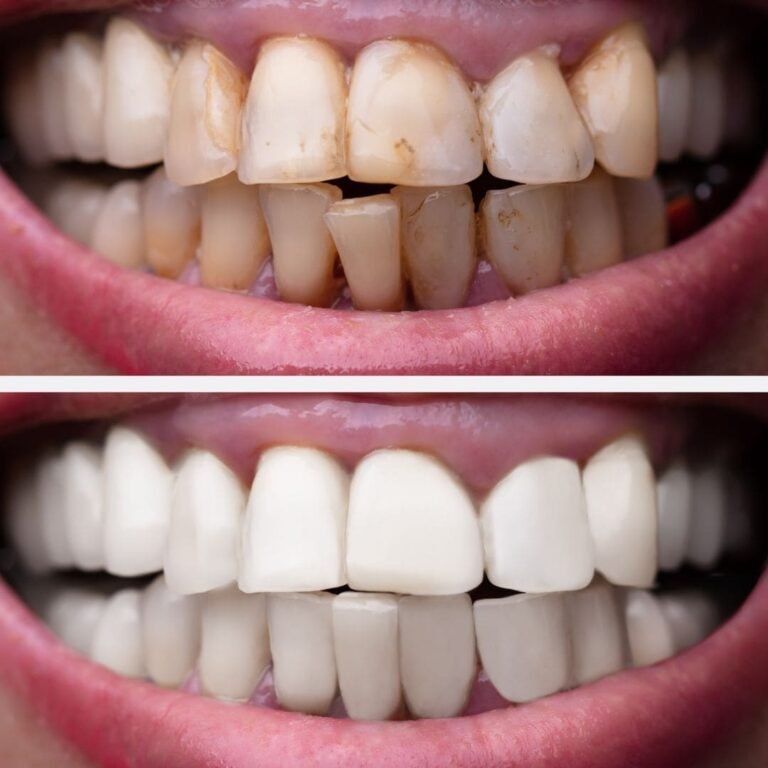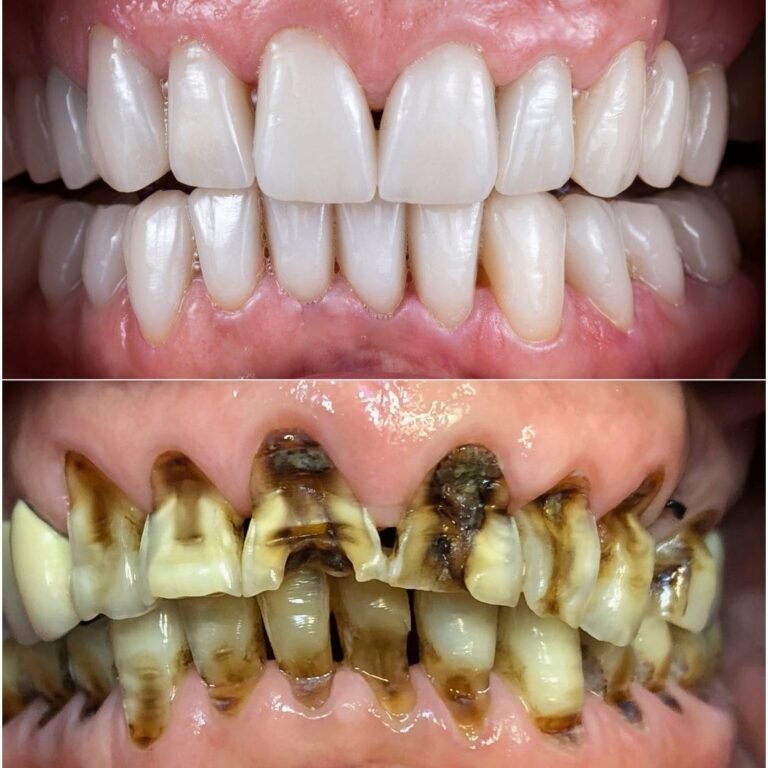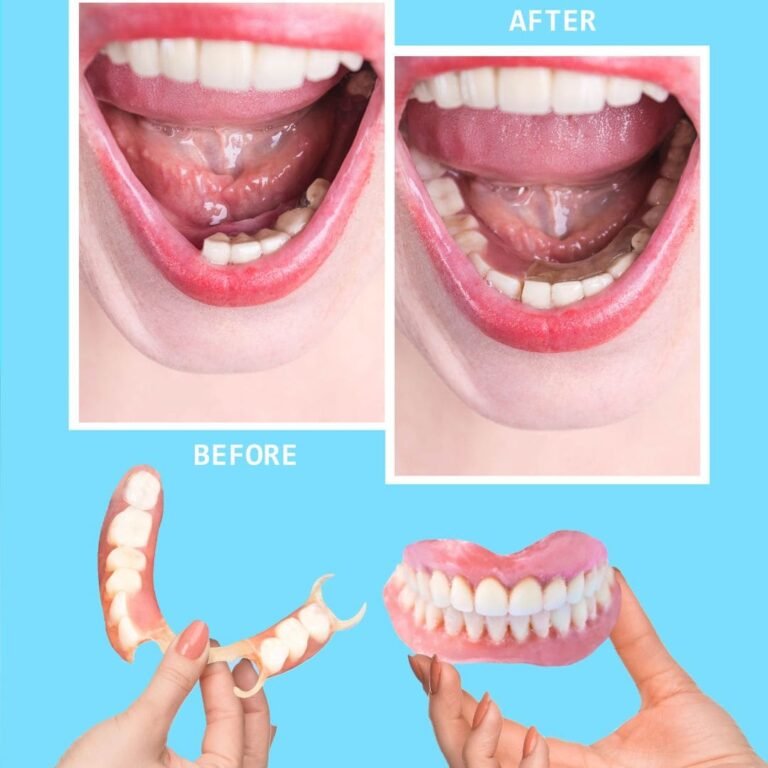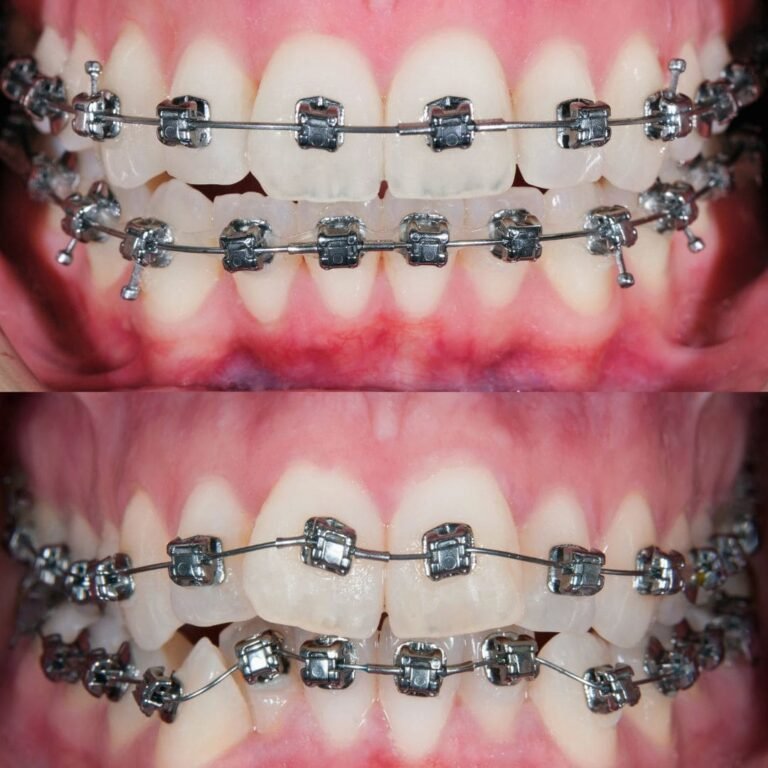Dental crowns/caps in Santa Clarita, CA
Ready for a Healthy Smile? Contact Us Today!
Happy Stories
EXCELLENTTrustindex verifies that the original source of the review is Google. Wonderful Dr and Staff, friendly, and very caring, Dr Charu is so gentle and does a great job! Extremely Satisfied .Trustindex verifies that the original source of the review is Google. I highly rank Castaic Dental center as the staff is very polite, considerate, and honest. Dr. Aggarwal is amazingly good in the complex root canal procedure and making of crowns. She is deft and you do not feel any pain during and after the procedures. I greatly recommend this dental center to all for any procedure they need.Trustindex verifies that the original source of the review is Google. i got a cleaning and prep done for my crowns they were very kind staff. they made me feel welcomed. it is a clean place as well. more then happy to be going back and would recommend this place to anyone.Trustindex verifies that the original source of the review is Google. This office is very friendly. They took care of my problem quickly. I would definitely recommend this officeTrustindex verifies that the original source of the review is Google. Service is great from setting an appointment, follow ups to the actual dental services. Clinical hospitality of staff to the attending dentist is also beyond compare. I feel, I am at home 🏠.Trustindex verifies that the original source of the review is Google. Polite, competent, never make feel bad about not being on top of my dental work in years past. Let’s me know what is happening as a procedure is underway. A big thank you to this office and its employees.Trustindex verifies that the original source of the review is Google. The staff is friendly and very helpful and Dr. Charu is wonderful.
Get a Dazzling Smile Now
Call Us Today To
Book An Appointment
Your Oral Health Matters to Us
What are dental crowns/caps?
Picture a small and special hat for your tooth. That is what a dental crown/cap is. It is like a cap that goes over a tooth that is not doing so well to fix it up. It brings back its shape and size. It helps in:
- Strengthens compromised teeth: Cracked, chipped or heavily filled teeth become vulnerable. Dental crowns/caps reinforce them, preventing further breakage and extending their lifespan.
- Restores aesthetics: Discolored or misshapen teeth can take a toll on your smile. Dental crowns/caps come in various materials that mimic natural tooth color and texture, giving you back a confident grin.
- Supports dental implants and bridges: Dental Crowns/caps play a crucial role in these dental restorations. By holding bridgework or attaching implants to surrounding teeth, they function as anchors.
Types of dental crowns/caps
The dental crown/cap you choose relies on durability, looks and price. Let us look at the main materials for dental crowns/caps:
- Porcelain: Known for its natural-looking translucency, porcelain crowns/caps blend seamlessly with surrounding teeth. They are a good choice for front teeth where appearance is a priority. However, they might chip under excessive pressure.
- Ceramic: Similar to porcelain in aesthetics, ceramic dental crowns/caps offer improved strength. For both the front and back teeth, they are a versatile option.
- Zirconia: This metal-free material is incredibly strong and chip-resistant. For back teeth that are subjected to a lot of chewing power, it is an excellent option. While quite durable, zirconia dental crowns/caps might not always perfectly match the shade of your natural teeth.
- Metal: The most durable option, metal dental crowns/caps are virtually unbreakable. However, the metallic color makes them less aesthetically pleasing, so they are typically used for back teeth where visibility is minimal.
- Composite Resin: Affordable and easy to place, composite resin dental crowns/caps are a good temporary solution or for use on baby teeth. They could discolor with time and are not as durable as other materials.
- Combination of Materials: Sometimes, dentists combine different materials for the best of both worlds. For instance, a dental crown/cap might have a metal base for strength and a porcelain layer for a natural look.
Who needs a dental crown/cap?
Dental crowns/caps are a fantastic way to restore and preserve your smile. Here are some situations where your dentist might recommend one:
- Cracked or broken tooth: A significant crack or chip can compromise the tooth’s integrity and lead to further damage.
- Large cavities: Extensive decay might leave a tooth too weak to support a filling. A dental crown/cap provides additional reinforcement.
- Root canal treatment: After a root canal, the tooth becomes brittle. A dental crown/cap protects it from breaking.
- Severe wear and tear: Teeth can wear down over time due to grinding or chewing. Dental crowns/caps restore their shape and function.
- Cosmetic concerns: Discolored or misshapen teeth can be aesthetically improved with dental crowns/caps.
Factors your dentist in Santa Clarita, CA will consider when selecting the material for your dental crown/cap
Dental crowns/caps vary based on individual needs. The material for your crown depends on a few things. Your dentist looks at where the tooth is, how it works and what you want it to look like. Then, they choose the best material.
- Durability: How much wear and tear will the dental crown/cap face? Back teeth endure significant chewing forces, so a strong, long-lasting material is key. Front teeth, however, prioritize aesthetics alongside moderate durability.
- Cosmetics: Want a dental crown/cap that blends seamlessly with your smile? Certain materials excel in mimicking the natural translucence and color of teeth.
- Biocompatibility: Some people have allergies or sensitivities to specific materials. Your dentist will ensure the chosen material works well with your body.
- Cost: Dental crowns/caps vary in price depending on the material used. Find an ideal match by talking with your dentist about your budget.
Dental crown costs in Santa Clarita, CA
Dental crowns in Santa Clarita, CA can cost about $1000 to $1800 on average. Gold crowns might be far more expensive costing about $3000 or more. Crowns/caps made of metal are often cheaper than gold or porcelain ones. They are made from an alloy. The cost may increase if your dentist does further procedure like a root canal or implant.
Your dental insurance could help pay for some or all of your crown expenses. It might only cover certain types of crowns. Your insurance company can tell you more about the specifics. Talk to your dentist about which crowns suit you best and their costs.
Dental crown/cap procedure: Two paths to a restored smile
A dental crown can be obtained primarily by one of two methods, each having advantages of its own.
a. Multi-day procedure with a temporary dental crown/cap
This is the most common method:
- Prep Work: Your dentist numbs the area and removes a thin layer of enamel to make space for the crown.
- Impression Time: An exact mold of your tooth is taken to ensure a perfect fit.
- Temporary Fix: A temporary crown protects your tooth while the permanent one is crafted in a dental lab (usually a few weeks).
- Crowning Glory: Upon crown arrival, your dentist removes the temporary one and securely cements the permanent crown in place.
b. Same-Day procedure:
Technology allows for some crowns to be made on-site during a single visit. This streamlined approach is ideal for busy schedules:
- Digital Dentistry: Your dentist uses a special scanner to capture a digital impression of your tooth.
- Same-Day Fabrication: In-office milling machines craft your crown from a durable material while you wait (usually 1-2 hours).
- Instant Fix: Your dentist places the crown directly after its creation, eliminating the need for a temporary one.
Dental crown/cap care: Keeping your smile shining
Dental crowns/cap are like tiny, tough hats for your teeth. They shield damaged or weak teeth, restoring function and bringing back your smile’s sparkle. But just like any restoration, dental crowns/caps need some TLC to thrive. Here is how to keep your crowned tooth happy and healthy:
- Brushing and Flossing: Twice a day brushing with a soft-bristled brush and daily flossing are your best friends. This keeps plaque and food particles at bay, preventing decay under the dental crown/cap.
- Mind Your Munching: Dental crowns/caps are strong, but they are not invincible. Avoid chomping on hard candies, ice cubes or popcorn kernels. Sticky candies are another no-no, as they can dislodge the dental crown/cap.
- Night Guard: Do you grind your teeth at night? If so, a night guard is a wise investment. Your dental crown/cap may have chips or breaks from the stress that grinding causes.
- Regular Check-ups: Schedule regular dental visits for teeth cleanings and check-ups. This allows your dentist to monitor your dental crown’s health and catch any issues early on.
When dental crowns/caps cause concerns
While dental crowns/caps are generally reliable, there can be occasional hiccups. Let us check:
- Sensitive Smile: After getting a dental crown/cap, you might experience some sensitivity to hot or cold. It normally passes within a few weeks and is just temporary. If it persists, talk to your dentist.
- Chipped Crown/Cap: A chipped dental crown/cap isn’t always a dental emergency, but it should be addressed. Depending on the severity, your dentist might be able to repair the chip or recommend replacing the crown/cap entirely.
- Loose Crown, Big Ouch: If your dental crown/cap feels loose, contact your dentist right away. A loose crown/cap can trap food and bacteria. Cavities and infections become more likely as a result. Early intervention is key.
- Allergic Reaction: Some people might have an allergic reaction to the materials used in certain crowns/cap. This can cause gum inflammation or irritation. Let your dentist know if you experience any discomfort around your dental crown/cap.
- Gum Disease: Just like natural teeth, crowned teeth are susceptible to gum disease. This can loosen the dental crown/cap and lead to tooth loss. Maintain good oral hygiene and see your dentist regularly to prevent gum problems.
How long do dental crowns/caps last?
With proper care, dental crowns/caps can last for many years. Here is what affects their lifespan:
- Oral hygiene habits: Brushing, flossing and getting regular tooth cleanings are all essential oral hygiene behaviours.
- Diet: Avoid hard, chewy or sticky foods that can damage the dental crown/cap.
- Bruxism: If you grind your teeth, a night guard can protect your dental crown/cap from wear and tear.
- The type of crown/cap: Different dental crown/cap materials have varying durability. Your dentist can confirm the type which is ideal for you.

